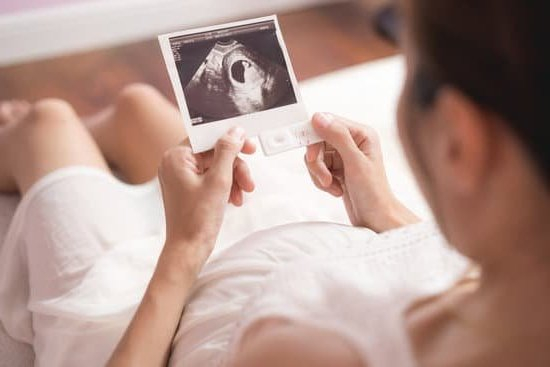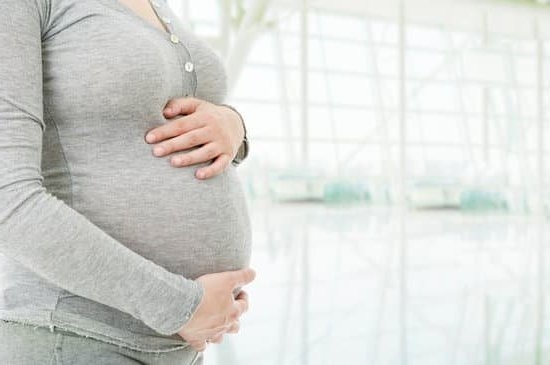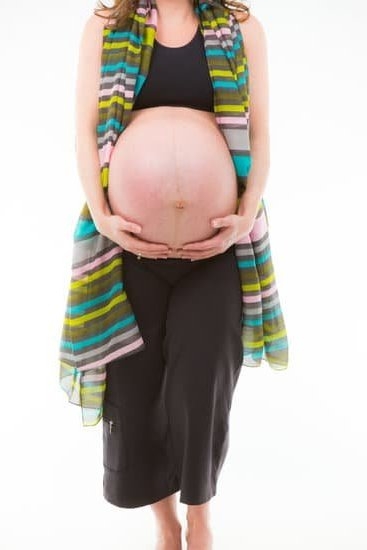Foot Cramps During Pregnancy
Pregnancy can bring with it some surprises. One of them is foot cramps. Foot cramps are common for pregnant women, and can be both physically uncomfortable and quite worrying.
What are Foot Cramps?
Foot cramps are sudden, painful muscle contractions in the foot. They usually occur in the arch of the foot but can happen anywhere in the feet. They usually do not last very long but can be very painful.
What Causes Pregnancy Foot Cramps?
The exact cause of foot cramps is not known, but they are thought to be caused by a combination of factors:
- Changes in your body’s fluid levels and circulation.
- Pressure on the connecting tissues in your foot from changes in your posture, such as from your growing baby and shifting weight.
- Vitamin and mineral deficiencies, especially calcium and magnesium.
How to Prevent Foot Cramps During Pregnancy?
There are some steps that you can take to prevent or minimize the occurrence of foot cramps during pregnancy. These include:
- Maintaining proper hydration by drinking at least 8 glasses of water a day.
- Regularly stretching your feet and calf muscles.
- Wearing comfortable, supportive shoes that fit properly.
- Taking calcium and magnesium supplements daily as recommended by your doctor.
- Taking regular breaks and changing your sitting or standing position.
When to Seek Medical Help?
Foot cramps during pregnancy are usually a harmless nuisance. However, if they are very frequent, prolonged, or accompanied by other symptoms such as swelling, redness, or fever, then you should seek medical help.
It is important to take care of your body during pregnancy and if foot cramps become a frequent occurrence, you should have them looked at as soon as possible. Taking the steps above can help prevent foot cramps and make your pregnancy a more enjoyable experience.
What are Foot Cramps During Pregnancy?
Foot cramps during pregnancy are common, uncomfortable sensations caused when the muscle contracts due to an increase in hormones and body weight. During pregnancy, many women experience foot cramps: sudden tightness or pain in the calf muscle, arch or toes. Foot cramps are usually short-lived but can be quite intense.
Causes of Foot Cramps
Typically, foot cramps during pregnancy are caused by increased levels of the hormones relaxin and progesterone, which help to prepare the body for childbirth. Relaxin in particular loosens the ligaments and tendons, which can lead to an increase in foot pain, aches, and cramping.
Overactivity of the muscles in the foot is also one of the common causes of foot cramps during pregnancy. As the body adjusts to the extra weight, the foot muscles and tendons become tight and can cause a cramp.
Tips for Relieving Foot Cramps
There are some simple measures that pregnant women can take in order to help relieve and avoid foot cramps.
- Wear Comfortable Shoes: Wear shoes with plenty of cushion and support, and make sure they fit properly.
- Stretch: Stretching your feet, ankles and calf muscles throughout the day can help relieve tension.
- Stay Hydrated: Make sure to drink plenty of water throughout the day and avoid dehydrating drinks such as soda and coffee.
- Soak Feet: Soaking your feet in warm water can help to relax your muscles and reduce any tension.
- Massage: Massaging the affected area can help to release tension and encourage relaxation of the muscles.
When to See a Professional
Before taking any form of treatment for foot cramps it is important to consult a health care provider. If the foot cramps are more severe, frequent or painful it is recommended that professional help is sought.
In addition to days and nights of discomfort, be on the lookout for signs of a serious medical problem such as numbness or changes in skin color. If any of the above occur or if the foot cramps persist, consult your doctor to rule out any serious medical conditions.
Conclusion
Foot cramps during pregnancy are a common symptom experienced by many expecting mothers. While they can be uncomfortable, there are several methods of relief including wearing comfortable shoes, stretching, staying hydrated, soaking your feet, and massaging your feet. If the cramps become more severe, frequent or persistent, it is recommended to consult a health care provider for professional help.

Welcome to my fertility blog. This is a space where I will be sharing my experiences as I navigate through the world of fertility treatments, as well as provide information and resources about fertility and pregnancy.





